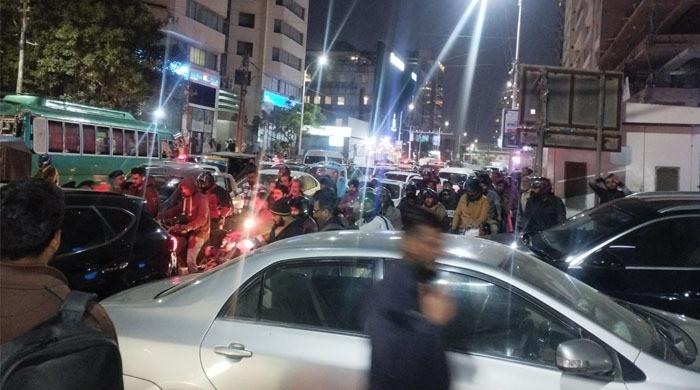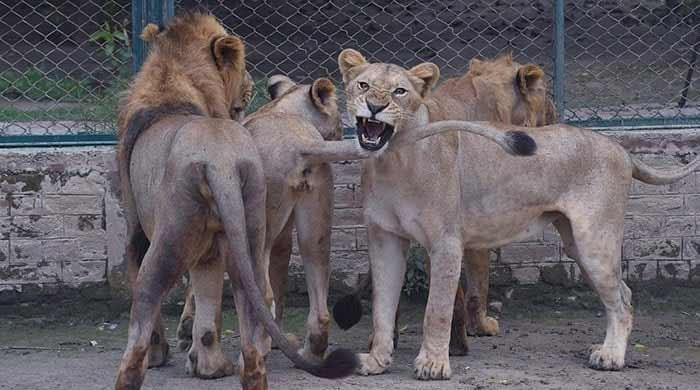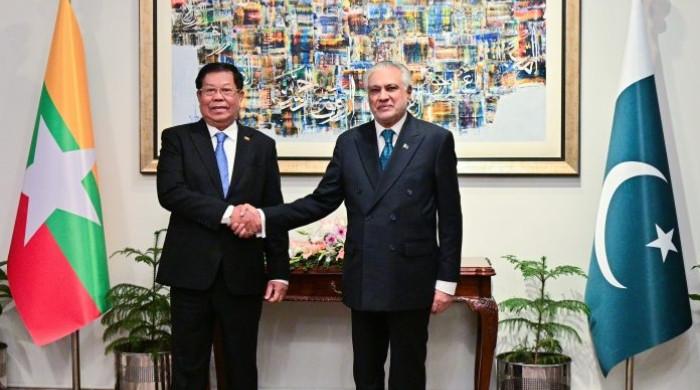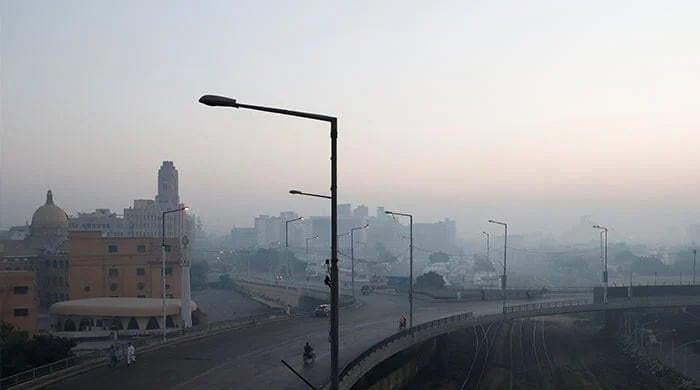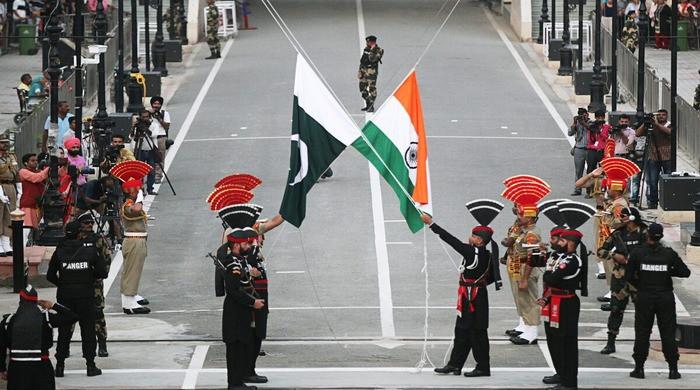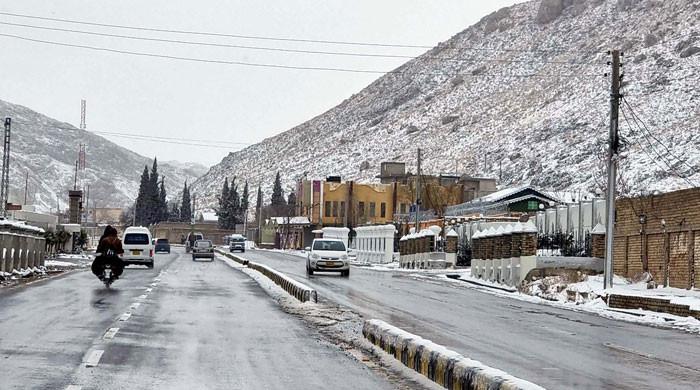President Arif Alvi talks about some of his favourite books
“I do nothing else but read books during travel, be it by car or air," says president, calling for the promotion of a reading culture
February 01, 2021
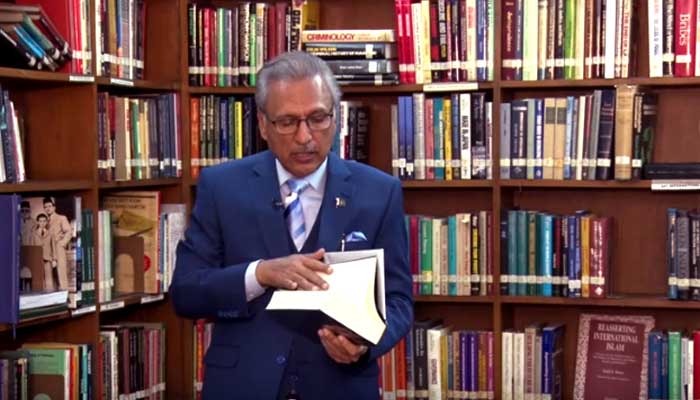
President Arif Alvi on Sunday while sharing what he considers the best reads of 2020 in his view, called for the promotion of a book reading culture in the country.
The president, in a video message, advised the people, particularly the youth to develop the habit of reading to enhance their exposure to the world and help suppress biases.
He said he regularly studies books on a range of topics from current affairs to computer science and tries to disseminate his knowledge to the masses through his speeches.
The president shared a list of books he read last year, encompassing subjects including Islamic history, capitalism, history of the subcontinent, upheaval and exploitation in nations, human psychology, riots in India, physics, and artificial intelligence.
He said besides the books recommended by him, people should also read any useful material of their choice — so long as they engage in the activity.
The president said when it comes to obtaining the vast amount of knowledge published in books, he considers his life too short to comprehend it all.
He also showed notes he took while reading various books, which he hopes to compile at a later stage.
“I do nothing else but read books during travel, be it by car or air. I study books as I go home. Though I get few chances to read books in office, I do it when there is some gap,” he remarked.
Top recommendations
The president, who had also previously shared his best reads of 2019, put at top a book “Revelations” by Meraj Mohiuddin, presenting a wide variety of scholarly viewpoints on the story of Holy Prophet Muhammad (Peace be Upon Him) and Quranic revelation.
He also strongly recommended “Art of Thinking Clearly” by Rolf Dobelli on human psychology and reasoning. The book points out around 100 biases found in humans, meant for self-examination and methods to avoid them.
Other books recommended by the president included “Capital and Ideology” by Thomas Piketty (on economic inequalities and suggesting outlines for fairer economic system), “Anarchy” by William Dalrymple (on rise of East India Company and economic prosperity in subcontinent), “Upheaval: Turning Points for Nations in Crisis” by Jared Diamond (on the history of different nations like Japan, Soviet Union and their efforts to overcome crises), and “Why Nations Fail: The Origins of Power, Prosperity, and Poverty” by Daron Acemoglu and James Robinson (on an exploitative society which begets change and leads to revolution).
He said currently, the same battle is going on in Pakistan against the corrupt rulers and system.
President Alvi also recommended “The Metric Society: On the Quantification of the Social” by Steffen Mau (on measurement and evaluation in the society), and “The Big Picture" by Sean M. Carroll and Sean B. Carroll (on a scientific worldview and exploration of God).
The tech-savvy president also suggested people read “Life 3.0: Being Human in the Age of Artificial Intelligence” by Deckle Edge (how science is advancing and becoming a challenge for humanity) and “Superintelligence” by Nick Bostrom (on the growing influence of machines and possible replacement of humans by super intelligence).
Other than his 10 favourite reads from last year, the president also suggested “The End of India” by Khushwant Singh (on communal violence in Gujarat in 2002 and rise of religious fundamentalism in India), "Gujarat Files" by Rana Ayub, Allama Iqbal’s “The Reconstruction of Religious Thought in Islam” and M J Akbar’s Riot After Riot: Reports on Caste and Communal Violence in India”.
Other books recommended by the president included “Protocol” by Capricia Penavic Marshall, “Makers of Modern Sindh” by Dr Muhammad Ali Shaikh (on life of Sindh’s prominent figures), “A Promised Land” by Barack Obama, “Jinnah and Tilak: Comrades in the Freedom Struggle” by AG Noorani, “Tuba” by Shah Baligh-ud-Din, “The Last Mughal by William Dalrymple and “World Enough and Time” by Sultan Muhammad Shah Aga Khan.





